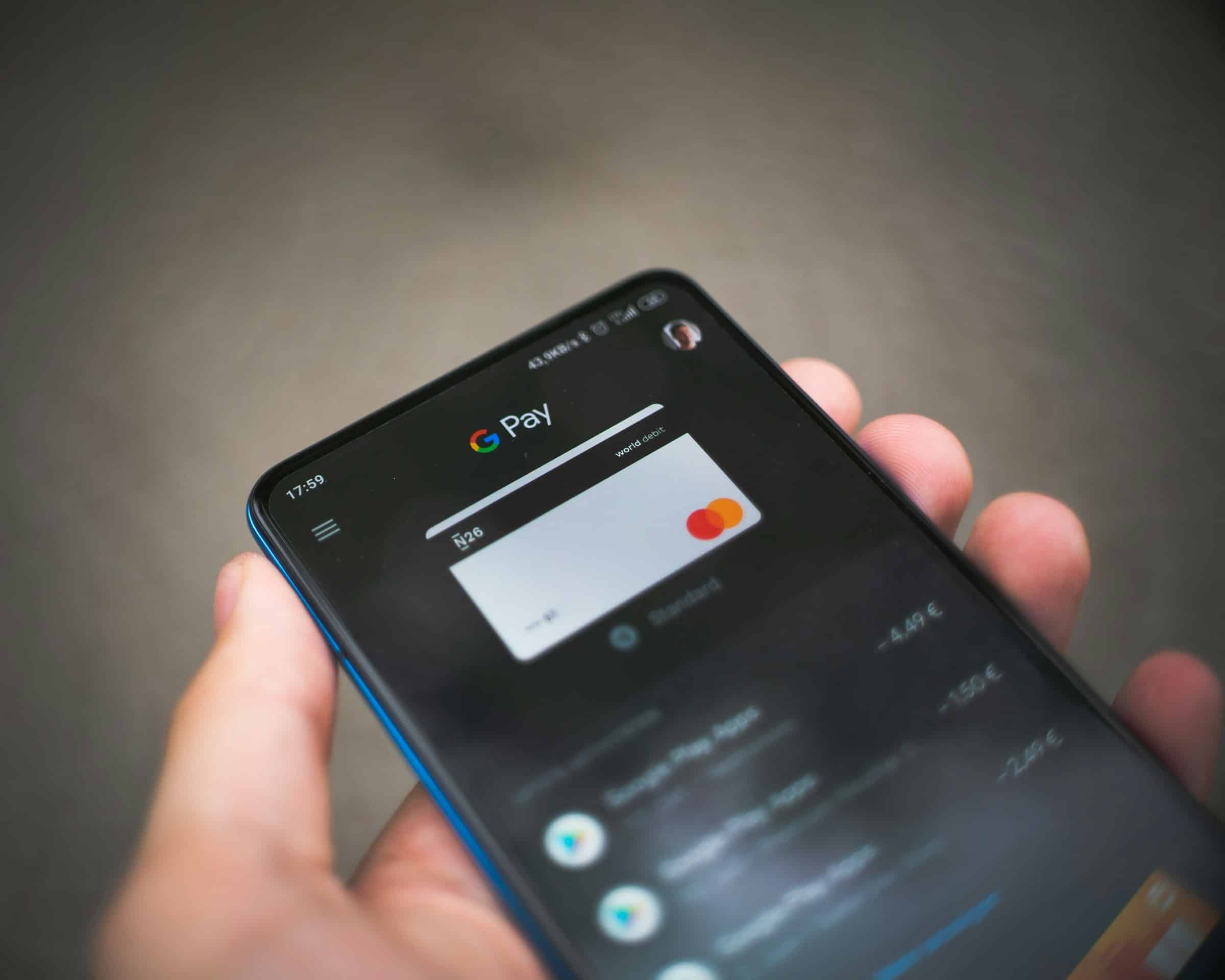In an increasingly digital world, mobile payments have become a staple for financial transactions. Yet, as convenience grows, so do security concerns. The threat of fraudulent activities is ever-present, which can erode customer trust and damage a company’s reputation. In this context, artificial intelligence (AI) plays a pivotal role. This article delves into how AI can bolster the security of mobile payment systems, ensuring a secure and seamless user experience.
The Role of AI in Modern Payment Systems
Today’s payment systems are more complex than ever, handling millions of transactions in real time. Leveraging AI has proven to be a game-changer in payment processing and fraud detection. By analyzing vast amounts of data, AI systems can recognize patterns that might indicate fraudulent activities. This capacity for real-time detection significantly enhances transaction security.
En parallèle : What are the best practices for managing AI model deployment in production environments?
AI technologies, such as machine learning and biometric authentication, offer advanced security measures. Machine learning models can be trained on historical data to predict and identify fraud, while biometric data—like fingerprints or facial recognition—adds an extra layer of authentication. These technologies work in tandem to provide robust payment solutions that protect both the financial services provider and the customer.
Machine Learning for Real-Time Fraud Detection
Fraud detection relies heavily on the ability to analyze and interpret transaction data quickly. Traditional methods often fall short due to their reliance on static rules and delayed responses. In contrast, machine learning offers dynamic and real-time analysis, which is crucial for modern mobile payments.
A lire en complément : Is your writing truly original ? Discover the AI detector
Machine learning algorithms can sift through large datasets to identify anomalies. For example, if a user who typically makes small purchases suddenly makes a large transaction, the system flags this as suspicious. By continuously learning from new data, these models improve over time, becoming more adept at spotting fraud.
Moreover, integrating machine learning into payment processing systems allows for real-time decision-making. This means that potentially fraudulent transactions can be blocked before they are completed, significantly reducing the risk of financial loss. The speed and accuracy of machine learning make it an invaluable tool in the fight against payment fraud.
Biometric Authentication: A New Frontier in Payment Security
As digital transactions proliferate, the need for secure and user-friendly authentication methods has become paramount. Enter biometric authentication—a technology that uses unique biological characteristics, such as fingerprints, facial recognition, or even voice patterns, to verify a user’s identity.
Biometric authentication offers several advantages over traditional password-based systems. For one, biometric data is unique to each individual, making it extremely difficult for fraudsters to replicate. Additionally, the use of biometrics can streamline the user experience, as it eliminates the need to remember complex passwords.
The integration of biometric authentication into mobile payment systems enhances both security and user experience. For instance, a simple fingerprint scan can authorize a transaction, providing a high level of security while also being convenient for the user. This dual benefit makes biometric authentication a compelling option for financial services providers looking to enhance their payment security.
Enhancing Customer Experience with AI-Driven Payment Solutions
While security is a primary concern, the customer experience is equally important. A secure payment system that is cumbersome or difficult to use can drive customers away. Here again, AI offers solutions that balance security with a seamless user experience.
AI can personalize the user experience by analyzing transaction histories and user behaviors. This allows the system to offer tailored recommendations or payment options, enhancing the customer experience. For example, if a user frequently makes international payments, the system can suggest the best payment methods for such transactions, making the process smoother and more efficient.
Moreover, AI-driven chatbots and virtual assistants can provide instant support, addressing customer queries in real-time. This not only improves the user experience but also helps in quickly resolving any issues related to payment security. The ability to offer personalized, real-time assistance is a significant advantage of AI in modern payment systems.
Future Trends: AI and the Evolution of Payment Security
The integration of AI into mobile payment systems is just the beginning. As technology evolves, new applications and advancements will continue to emerge, further enhancing payment security and the overall customer experience.
One emerging trend is the use of AI for predictive analytics. By forecasting potential risks and vulnerabilities, AI can help financial institutions proactively address security concerns. This preemptive approach can significantly reduce the likelihood of fraudulent activities and other security breaches.
Another promising development is the combination of AI with blockchain technology. Blockchain offers a decentralized and transparent ledger system, which, when combined with AI, can provide unprecedented levels of security and trust in financial transactions. This synergy could revolutionize the payments industry, setting new standards for security and efficiency.
Additionally, advancements in machine learning and biometric authentication will continue to refine and enhance payment systems. As these technologies become more sophisticated, they will offer even greater protection against fraud, further ensuring the security and integrity of digital payments.
In the realm of mobile payments, the integration of AI is not just a luxury but a necessity. With its ability to analyze vast amounts of data in real time, identify fraudulent activities, and enhance user experience, AI is revolutionizing the payments industry. From machine learning models that detect fraud as it happens to biometric authentication methods that provide secure and convenient user verification, AI offers a comprehensive solution to the multifaceted challenges of payment security.
As we move forward, the role of AI in payment systems will only grow, driven by continuous advancements in technology. By embracing these innovations, financial services providers can not only safeguard their transactions but also deliver an enhanced customer experience. In the end, the marriage of AI and mobile payments promises a future where security and convenience coexist, benefiting both businesses and consumers alike.

No Responses